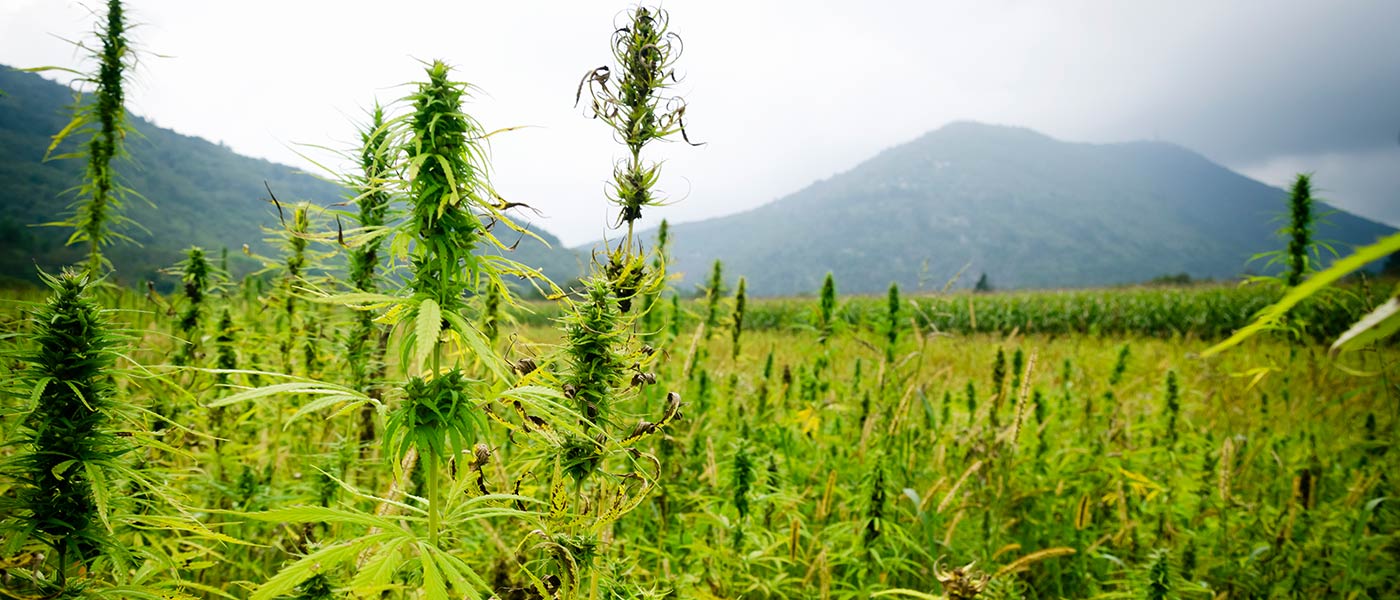Inyo County Sheriff’s Department Shuts Down Massive Illegal Cannabis Farms Located In The California Wilderness
Anyone conducting business in cannabis surely knows that under Federal law (Controlled Substances Act 21 U.S.C. 801) marijuana is designated as a Schedule I controlled substance due to the historical belief that it has a high potential for abuse, no currently accepted medical use in treatment, and lack of accepted safety for use under medical supervision. So the risk is apparent that at any time Federal authorities could come and shut you down but don’t think that just because cannabis is legal in California, you do not have to worry about the State.
California law mandates that you can only sell cannabis if you have obtained a license to do so. These licenses being issued by the BCC. If you don’t have a license, then selling cannabis or transporting it in order to sell it is still a crime under H&S Code §11360.
Illegal Cannabis Growing Sites in Inyo County
The Inyo County Sheriff’s Office in Bishop, California announced in a news release on August 20, 2020 that on three separate days (July 24, August 18, and August 19) the Inyo County Sheriff’s Department with assistance from the Drug Enforcement Agency (DEA), U.S. Air Force National Guard Unit, U.S. Forest Service, Bureau of Land Management (BLM), California Department of Fish and Wildlife and the California Department of Justice (DOJ) CAMP Team No. 3 and 4, eradicated 42,306 illegal marijuana plants from three locations off public lands within Inyo County. Authorities estimate the street value to be between $84,612,000 and $169,224,000.
Inyo County is southeast of Yosemite National Park and home to the Owens River Valley. Spanning 10,192 square miles, it is California’s second largest county, after San Bernardino County. About half of that average is within Death Valley National Park.
The Sheriff’s Office stated that cannabis cultivation can cause extreme damage to ecosystems. As part of the illegal cultivation process, growers are responsible for using miles of plastic tubing and diverting water from natural sources for crop irrigation. The use of banned herbicides and pesticides is also common practice. Additionally, cannabis cultivation sites often contain large amounts of trash and create fire hazards in wildland areas. Reclamation will be conducted through BLM and U.S. Forest Service.
Law enforcement officers continue to investigate the grow site. No arrests have been made at this time.
Statewide Commitment To Enforcement
In a previous blog we wrote about Governor Gavin Newsom’s promise made in February 2019 to deploy the California National Guard against marijuana grows in California. Multijurisdictional task forces have long been deployed against marijuana grows in California as we noted in the following blogs:
- Click here on a raid that occurred in Riverside County.
- Click here on a raid that occurred in Kern County
- Click here on a raid that occurred in the City of Santa Rosa in Sonoma County.
- Click here on a raid that occurred in the City of Carpinteria in Santa Barbara County.
- Click here on a raid that occurred in Riverside County.
- Click here on a raid that occurred in the City of Buellton.
Penalties For Selling Cannabis Without A License.
For most defendants, unlicensed sale or transport for sale of cannabis is a misdemeanor punishable by up to six months in county jail and/or a fine of up to $1,000. For defendants under 18, it is an infraction. Also, giving away or transporting for sale up to 28.5 grams of cannabis without a license is an infraction.
But the sale/transport for sale of cannabis without a license to do so is a felony for the following defendants:
- Defendants who have a prior conviction for one of a list of particularly serious violent felonies, including murder, sexually violent offenses, sex crimes against a child under 14, or gross vehicular manslaughter while intoxicated, or a sex crime that requires them to register as a sex offender;
- Defendants who have two or more prior convictions for H&S Code §11360 sale/transportation of cannabis;
- Defendants who knowingly sold, attempted to sell, or offered to sell or furnish cannabis to someone under 18; or
- Defendants who imported or attempted or offered to import into California, or transported or attempted/offered to transport out of California for sale, more than 28.5 grams of cannabis or more than four grams of concentrated cannabis.
In any of these scenarios, black market sale or transportation for sale of cannabis under H&S Code §11360 is punishable anywhere from two to four years in jail.
Transporting cannabis without intent to sell it, or giving cannabis away, is not a crime in California so long as BOTH of the following are true:
- You transport or give away not more than 28.5 grams of cannabis or eight grams of concentrated cannabis, and
- Any people you give cannabis to are 21 years of age or older.
What Should You Do?
You can count on other county governments coordinating resources and making comprehensive strikes on unlicensed and illegal cannabis operations for the safety of the public.
Both civil and criminal penalties will apply to unlicensed operators so it is imperative that anyone cultivating, manufacturing or distributing cannabis on a commercial basis in California seeks a local and state license for their operations immediately, if they have not already done so. Protect yourself and your investment by engaging a cannabis tax attorney at the Law Offices Of Jeffrey B. Kahn, P.C. located in Orange County (Irvine), the Inland Empire (including Ontario and Palm Springs) and other California locations. We can come up with tax solutions and strategies and protect you and your business and to maximize your net profits. Also, if you are involved in crypto currency, check out what a bitcoin tax attorney can do for you.


